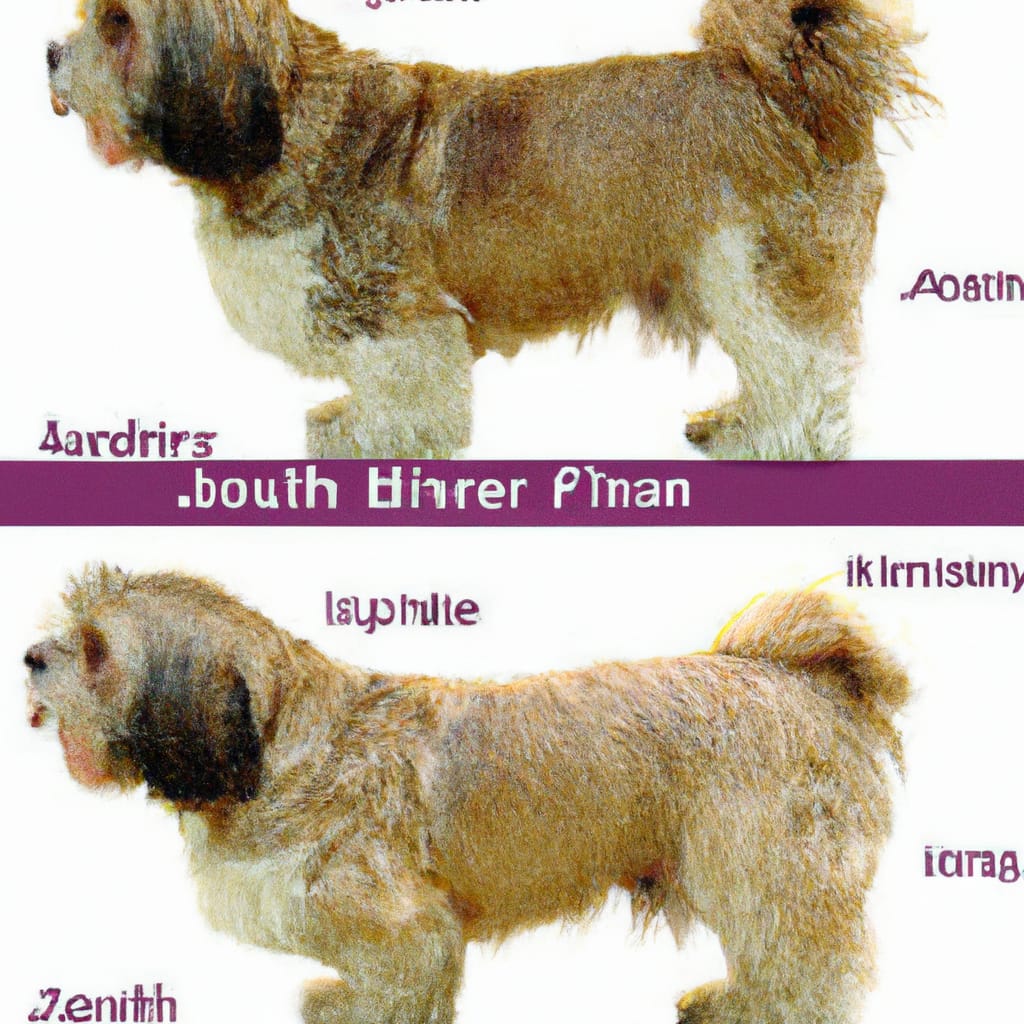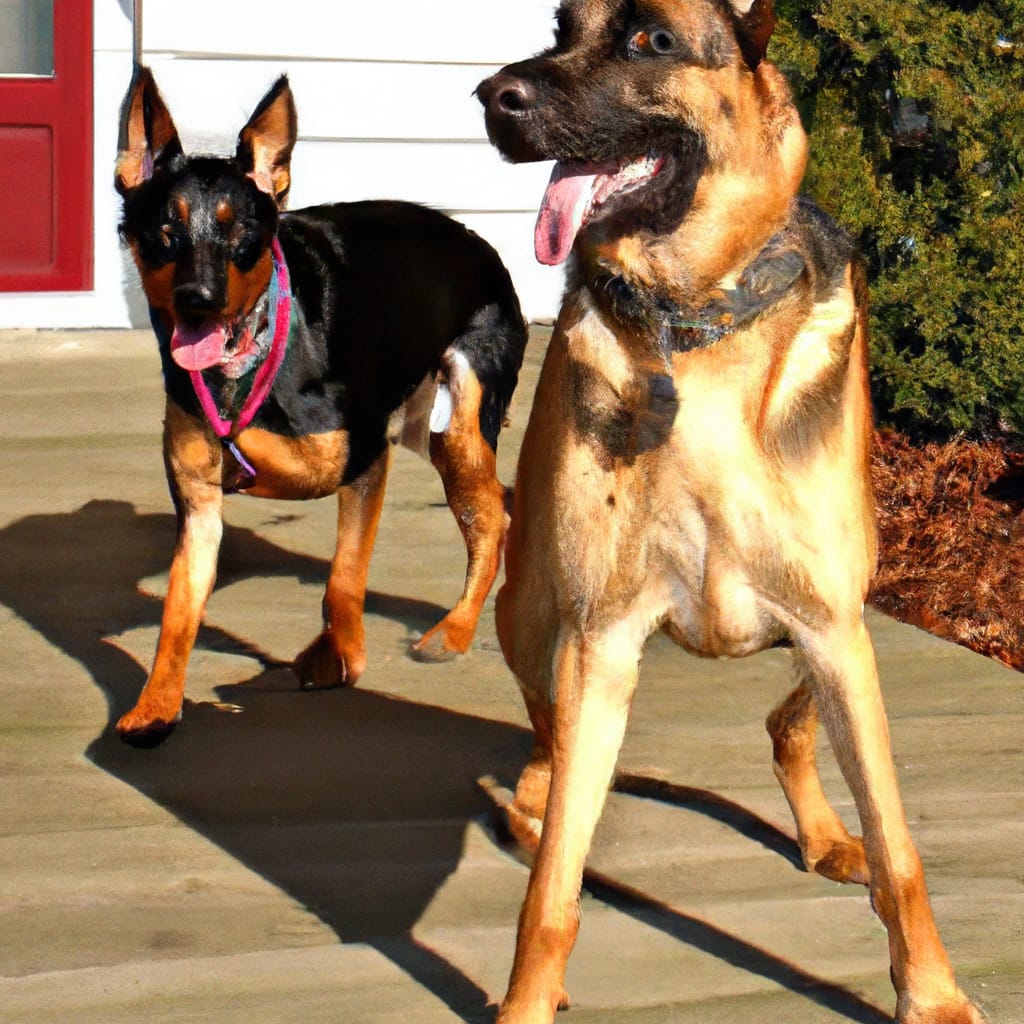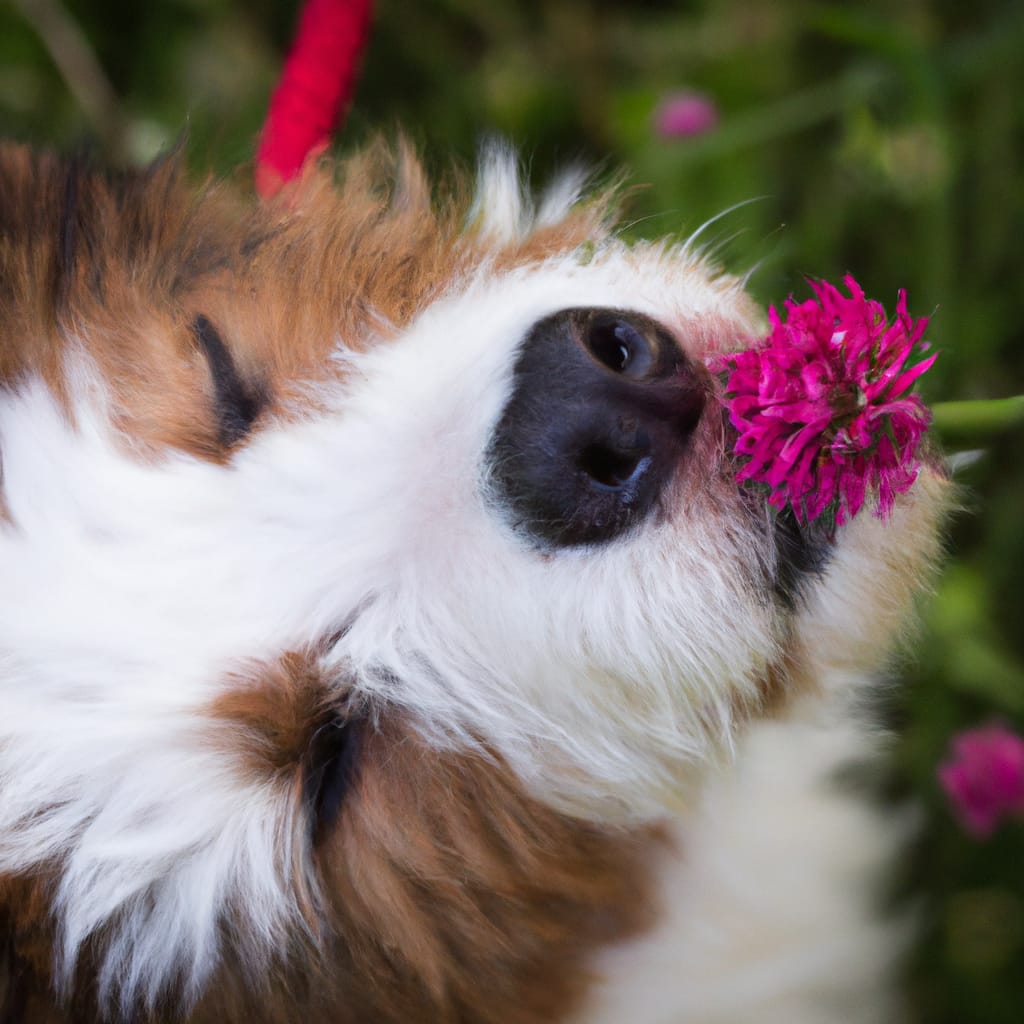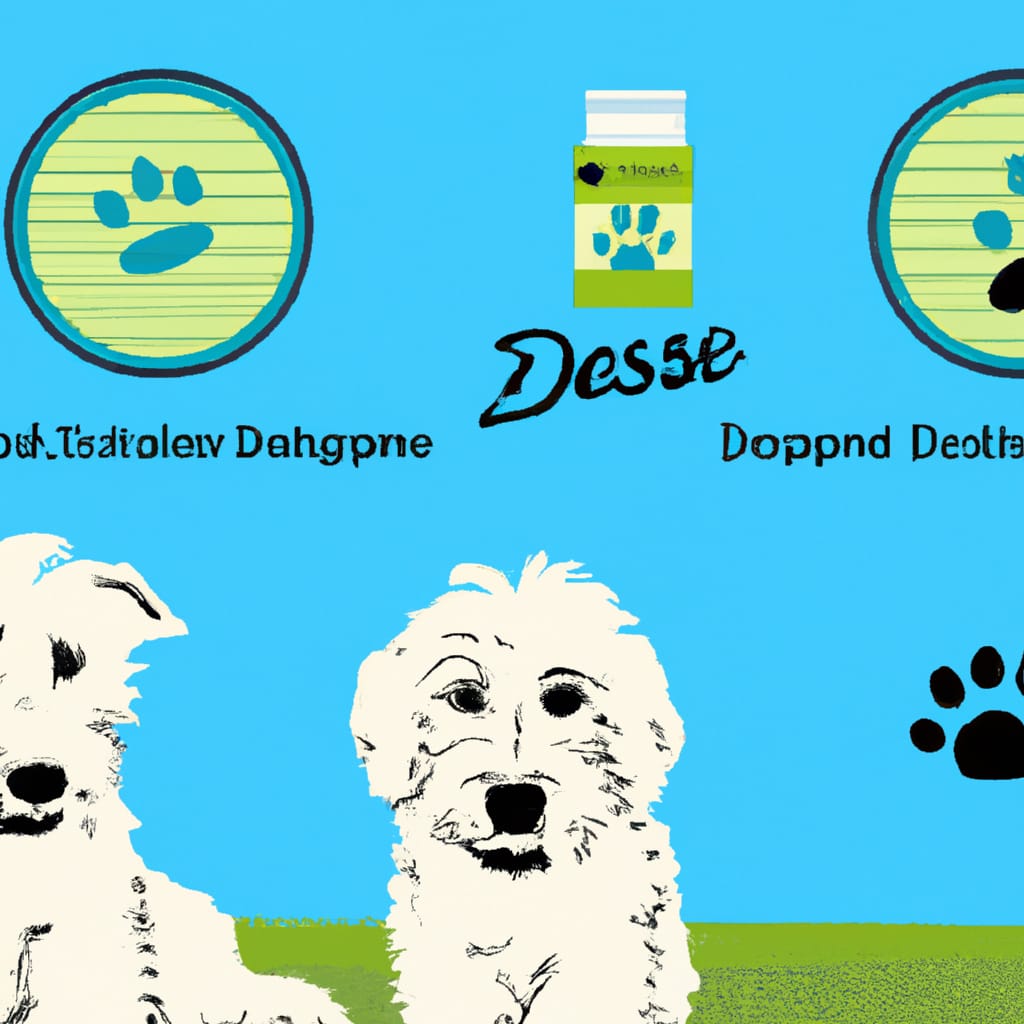Havanese Vs Shih Tzu: What’s The Difference?
If you’ve ever found yourself torn between bringing home a Havanese or a Shih Tzu, you’re not alone! These two adorable dog breeds may look similar at first glance, but there are some key differences that make them unique. In this article, we’ll take a closer look at the Havanese and the Shih Tzu to help you understand their distinct characteristics, personalities, and care needs. By the end, you’ll have all the information you need to decide which furry friend is the perfect match for you! So, let’s jump into the world of Havanese and Shih Tzu and uncover what sets them apart.
Appearance
Size and Weight
The Havanese and Shih Tzu are both small dog breeds, but there are some differences in their size and weight. On average, the Havanese weighs between 7-13 pounds and stands about 8.5-11.5 inches tall at the shoulder. The Shih Tzu, on the other hand, is a bit smaller, weighing between 9-16 pounds and measuring around 9-10.5 inches in height. While both breeds are compact and lightweight, the Shih Tzu tends to be slightly larger than the Havanese.
Coat and Colors
One of the most noticeable differences between the Havanese and Shih Tzu is their coat and colors. The Havanese has a long, silky coat that comes in a variety of colors, including black, white, cream, gold, and silver. Some Havanese dogs also have multi-colored coats. On the other hand, the Shih Tzu has a dense double coat that requires regular grooming to keep it in good condition. Their coat colors range from solid black, white, and various shades of gold and brown, often with white markings on the face and chest. Both breeds have beautiful coats, but the Havanese’s coat tends to be longer and silkier.
Facial Features
When it comes to facial features, both the Havanese and Shih Tzu have distinct characteristics. The Havanese has a sweet and expressive face with large, dark eyes that give them a loving and alert expression. They also have a short, blunt muzzle and drooping ears, adding to their adorable appearance. In contrast, the Shih Tzu has a flat, pushed-in face with large, round eyes and a short, broad muzzle. Their ears are also pendant-shaped and covered with long hair, giving them a charming and fluffy look. The facial features of both breeds contribute to their overall cuteness and appeal.
Body Structure
In terms of body structure, the Havanese and Shih Tzu have some subtle differences. The Havanese has a sturdy and well-proportioned body, with a straight topline and a level croup. They have a moderately long back and a deep, wide chest, giving them a balanced and athletic appearance. The Shih Tzu, on the other hand, has a compact and solidly-built body. They have a level topline and a slightly shorter back compared to the Havanese. Their chest is broad and deep, giving them a robust and muscular look. Both breeds have a graceful and elegant posture, which adds to their overall charm.
Temperament
Havanese Temperament
The Havanese is known for its friendly and outgoing temperament. They are social dogs that thrive on companionship and enjoy being a part of the family. Havanese dogs are generally affectionate, gentle, and good-natured, making them ideal pets for families and individuals alike. They are known to be great with children, other pets, and even strangers, as they love the company of both humans and animals. Additionally, Havanese dogs are intelligent and eager to please, which makes them fairly easy to train. They are adaptable to various lifestyles and can be content in both city apartments and suburban homes.
Shih Tzu Temperament
The Shih Tzu also has a friendly and affectionate temperament, but they tend to be a bit more independent and stubborn compared to the Havanese. While they enjoy the company of their family, they may also appreciate some alone time to relax and recharge. Shih Tzus are generally loving and loyal dogs, although they can be a bit reserved with strangers. They are known to be great with children and make excellent family pets. Shih Tzus are intelligent but can be a bit challenging to train due to their independent nature. However, with patience, consistency, and positive reinforcement, they can be taught various commands and tricks.
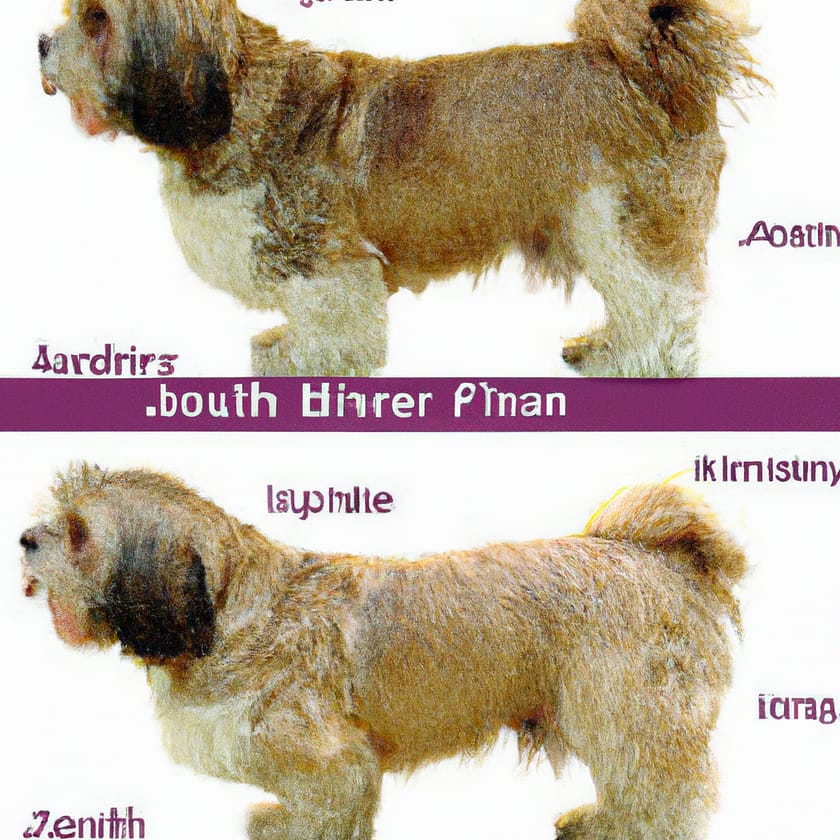
Exercise Needs
Havanese Exercise Needs
The Havanese is a moderately active breed and enjoys daily exercise to keep them happy and healthy. They are not high-energy dogs that require intense workouts, but they do benefit from regular walks, playtime, and mental stimulation. Havanese dogs enjoy interactive games, such as fetch or hide-and-seek, as well as obedience training. They also enjoy participating in dog sports like agility and rally obedience. It’s important to note that their exercise needs may vary based on their age, health, and individual preferences. Overall, providing them with a mix of physical and mental exercise will help keep their minds sharp and their bodies fit.
Shih Tzu Exercise Needs
The Shih Tzu is a relatively low-energy breed and doesn’t require as much exercise as some other breeds. They are happy with short daily walks and indoor playtime. While they may not need as much physical exercise as the Havanese, mental stimulation is still important for their overall well-being. Engaging their minds with puzzle toys, training sessions, and interactive play can help prevent boredom and keep them mentally sharp. Due to their brachycephalic (flat-faced) nature, Shih Tzus are also more prone to heat exhaustion, so it’s important to avoid exercising them in extreme heat and ensure they have access to shade and fresh water.
Grooming Requirements
Havanese Grooming Requirements
The Havanese has a luxurious and long coat that requires regular grooming to keep it looking its best. Daily brushing is recommended to prevent tangles and mats from forming. They are a non-shedding breed, which means their hair will continue to grow and will need regular trimming to maintain a manageable length. Professional grooming every 4-6 weeks is often necessary to keep their coat in good condition. In addition to regular brushing and haircuts, Havanese dogs also require routine care, such as ear cleaning, teeth brushing, and nail trimming. Proper grooming not only keeps them looking beautiful but also helps maintain their skin and coat health.
Shih Tzu Grooming Requirements
The Shih Tzu also has a long, flowing coat that requires frequent grooming. Daily brushing is necessary to prevent tangles and mats, especially around their ears, armpits, and hindquarters. Due to their double coat, they are moderate shedders, and regular brushing helps minimize loose hair in the house. Many Shih Tzu owners choose to keep their coats shorter for easier maintenance. However, even with a shorter coat, regular grooming is still needed to keep their skin healthy and prevent matting. Professional grooming every 4-6 weeks is recommended, as it includes a thorough bath, trimming of the coat, and cleaning of the eyes, ears, and anal area.

Training and Intelligence
Havanese Training and Intelligence
The Havanese is a highly intelligent breed and is generally eager to please their owners. They are quick learners and respond well to positive reinforcement training methods. Havanese dogs excel in various dog sports and obedience competitions, thanks to their intelligence and trainability. They enjoy learning new tricks and commands, and their intelligence shines through their ability to problem solve and adapt to different situations. It’s important to start training them at a young age and provide consistent and patient guidance. Overall, the Havanese’s intelligence and willingness to learn make them a joy to train and a great companion.
Shih Tzu Training and Intelligence
The Shih Tzu is known for its independent and sometimes stubborn nature, which can make training a bit challenging. They are intelligent dogs but may have their own agenda during training sessions. Shih Tzus respond best to positive reinforcement techniques, with rewards and praise serving as motivation. It’s important to keep training sessions short, fun, and engaging to hold their attention. Early socialization is crucial for Shih Tzus to help them develop good manners and interact well with other dogs and people. While they may not be as naturally obedient as the Havanese, with consistent training and patience, Shih Tzus can learn various commands and tricks.
Health Issues
Common Health Issues in Havanese
Havanese dogs are generally healthy, but like all dog breeds, they are prone to certain health issues. Some common health problems seen in the Havanese breed include luxating patella (knee dislocation), progressive retinal atrophy (PRA), cataracts, heart murmur, hip dysplasia, and allergies. Regular vet check-ups, a nutritious diet, and proper exercise can help prevent or manage these health conditions. It’s important to obtain a Havanese puppy from a reputable breeder who conducts health testing on their breeding dogs to reduce the risk of inheriting genetic health issues.
Common Health Issues in Shih Tzu
Shih Tzus are generally healthy dogs, but they can be prone to certain health conditions. Some common health issues seen in the Shih Tzu breed include brachycephalic airway syndrome (due to their flat faces), dental problems, eye issues (such as cataracts and corneal ulcers), allergies, patellar luxation, and hip dysplasia. Regular grooming, dental care, and vet check-ups are essential to maintain their overall health. Responsible breeding practices and health testing can help reduce the risk of these health problems in Shih Tzus.
Lifespan
Havanese Lifespan
The average lifespan of a Havanese is around 14-16 years. With proper care, regular veterinary check-ups, a balanced diet, and exercise, Havanese dogs can live long and healthy lives. Providing them with a loving and stimulating environment, along with attention to their specific health needs, can contribute to their longevity.
Shih Tzu Lifespan
The average lifespan of a Shih Tzu is around 10-16 years. They are generally a long-lived breed, but their lifespan can be influenced by various factors, including genetics, diet, exercise, and overall care. Regular vet check-ups, preventive care, and early detection of any health issues can help ensure the Shih Tzu lives a fulfilling and healthy life.
Suitability as Pets
Havanese as Pets
Havanese dogs make excellent pets and companions, suitable for various households and lifestyles. They are affectionate, friendly, and adaptable, making them great for families, single individuals, and seniors. Their small size and moderate exercise needs make them suitable for apartment living, although they will still benefit from regular walks and playtime. Their intelligence, trainability, and love for human companionship make them easy to incorporate into daily routines, and they thrive in a loving and active environment.
Shih Tzu as Pets
Shih Tzus are also wonderful pets and can bring joy to many households. They are loving, loyal, and enjoy being the center of attention. Shih Tzus are known for their calm and gentle nature, which makes them great companions for families with children or older individuals. However, they can be a bit more independent compared to the Havanese, so they may not be the best choice for first-time dog owners. Shih Tzus do well in various living situations, but like all dogs, they require mental and physical stimulation to prevent boredom.
Compatibility with Children
Havanese and Children
The Havanese is known for its patience and gentle nature, making them suitable companions for children. They enjoy playing and interacting with kids, and their small size makes them less likely to accidentally knock over young children. Havanese dogs can be a wonderful addition to a family with children, as they are sociable, affectionate, and protective. However, as with any dog breed, it’s important to teach children to respect the dog’s boundaries and handle them gently.
Shih Tzu and Children
Shih Tzus can also form strong bonds with children and make great family pets. They are typically patient and tolerant, although supervision is always necessary when young children are interacting with dogs. Shih Tzus can be a bit more fragile due to their small size, so gentle play and handling is important. It’s important to teach children how to properly interact with the dog, such as avoiding pulling on their ears or tail. Early socialization and training of both the Shih Tzu and children can help foster a safe and positive relationship.
Compatibility with Other Pets
Havanese and Other Pets
The Havanese is generally friendly and gets along well with other pets. Whether it’s another dog, a cat, or a small animal, they are usually accepting and gentle. Early socialization is key to ensure they grow up with positive experiences around other animals. Proper introductions, gradual exposure, and supervised interactions can help establish harmonious relationships between the Havanese and other pets in the household.
Shih Tzu and Other Pets
Shih Tzus can also be compatible with other pets, although they may have a slightly more independent nature compared to the Havanese. Proper socialization from a young age can help them develop positive relationships with other animals. Some Shih Tzus may have a higher prey drive, so caution should be exercised when introducing them to smaller pets, such as birds or rodents. Close supervision and gradual introductions can help ensure a peaceful coexistence between the Shih Tzu and other furry friends.
In conclusion, while the Havanese and Shih Tzu share some similarities, such as their small size and friendly temperaments, there are also key differences between the two breeds. From their appearance to their exercise needs and grooming requirements, each breed has its own unique traits and characteristics. Understanding these differences can help you determine which breed may be the right fit for your lifestyle and preferences. Whether you choose a Havanese or a Shih Tzu, both breeds can bring joy, love, and companionship to your life.


